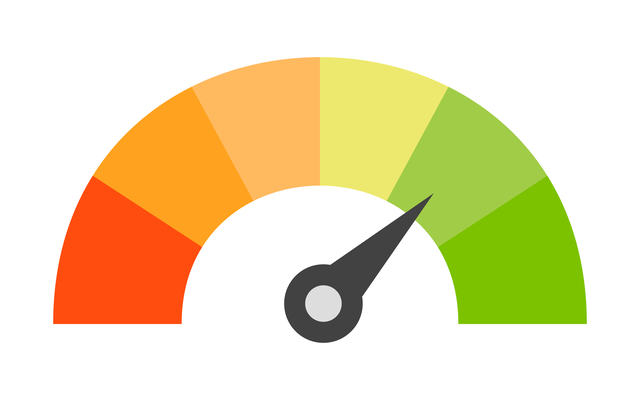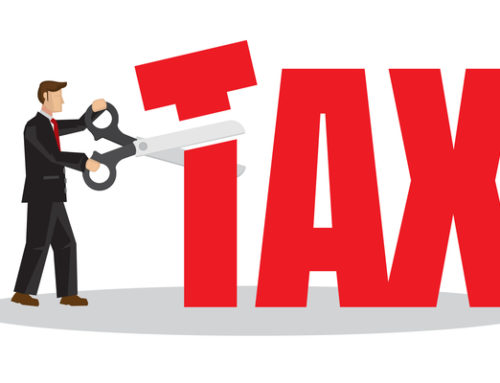Now is the perfect time to focus on your credit – March is National Credit Education Month, after all. Improving your credit is an important step in straightening out your finances and eliminating debt. We encourage you to take advantage of this time to learn what your credit can do for you, how you can improve it and why your credit score and credit history are important.
Here are a few simple ways you can observe Credit Education Month while taking steps to improve your credit score:
1. Understand How Credit Works
Start with the basics. The only way you can improve your credit is by understanding what it is and the types of things that impact your credit score. The main things that affect your score are:
- Amount of Debt: a 30% credit utilization rate is generally recommended
- Age of Credit: longer good-standing credit equals more reliable financial standing
- Late Payments: pay your bills on time or, when possible, pay early
- Credit Inquiries: hard inquiries (when lenders pull your credit) indicate uncertainty
- Managing Accounts: closing accounts increases credit utilization rates whereas opening accounts draws credit inquiries
2. Meet Payment Deadlines
An easy way to maintain a good credit score is simply by making payments on time. This month take the time to set reminders in your calendar or enroll in auto-payments. Doing so will eliminate the chance of missing future deadlines.
3. Educate your Children About Debt
Help prepare your children long before they can open their first credit card at age 18. By teaching them about spending and saving, they will be better prepared to manage student debt and credit card balances that come their way.
While March is National Credit Education Month, your financial responsibility is important year-round. We put together additional tips on how to improve your credit, which are available here. The team at Trost Financial Consulting is available to help create sound financial plans to improve your credit. Contact us today!




